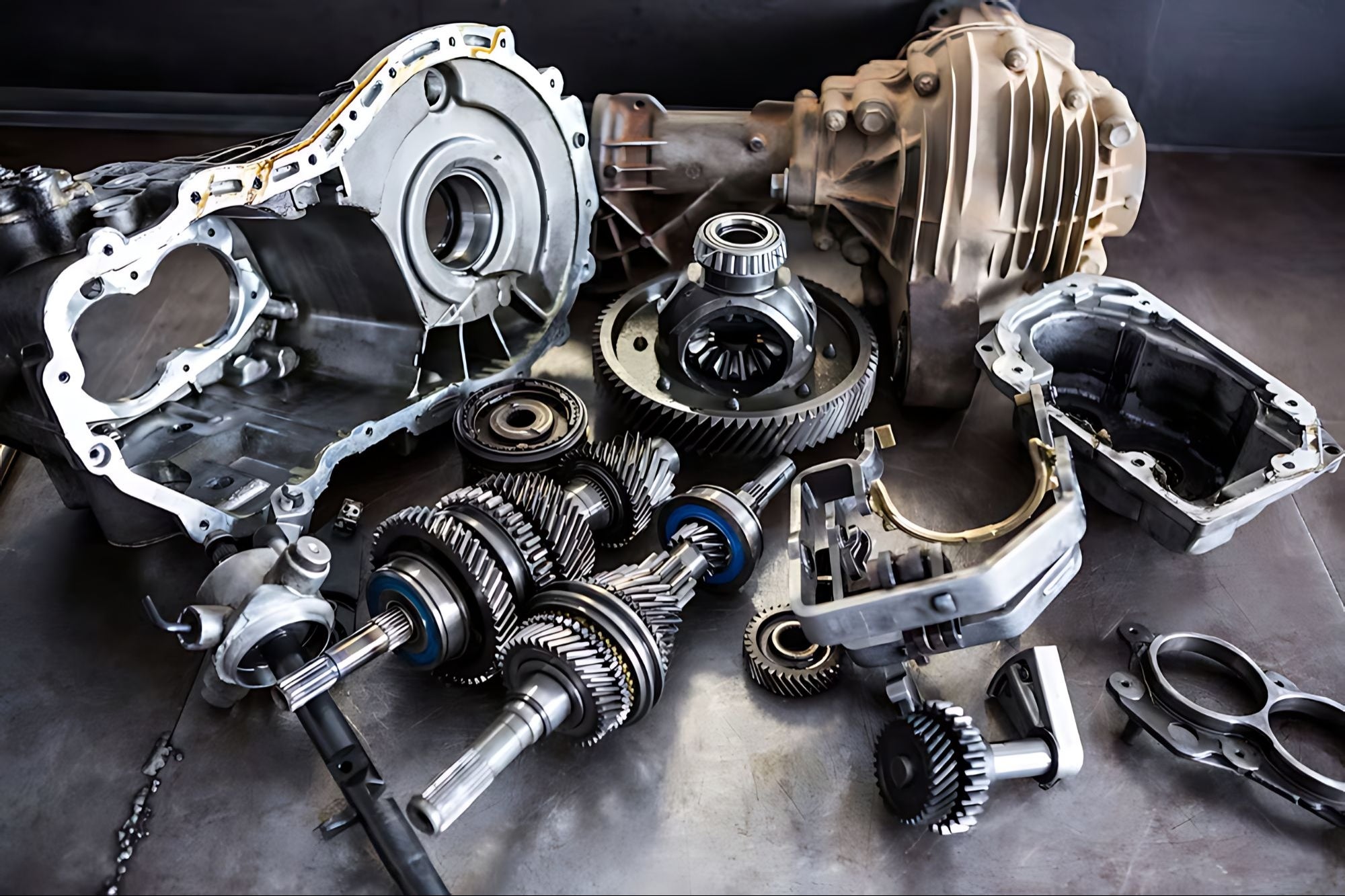Donald Trump's 25% Auto Tariff; What Could It Mean for Indian Auto Component Makers? In FY24, India exported auto components worth $21.2 billion, accounting for approximately 4.5 per cent of the total $1.2 trillion global auto component trade. North America remains a crucial market, with the U.S. alone importing $7.6 billion worth of Indian auto components.
You're reading BIZ Experiences India, an international franchise of BIZ Experiences Media.

Shares of Tata Motors, Sona BLW Precision Forgings, and Samvardhana Motherson nosedived by up to 7 per cent on March 27 as investors reacted to former U.S. President Donald Trump's proposed 25 per cent tariff on foreign car imports, as reported by MoneyControl. The move, aimed at protecting American manufacturing, has sent shockwaves through the global auto industry, with Indian auto component manufacturers facing potential margin pressures.
While India's direct exports of fully assembled vehicles to the U.S. remain limited, the impact on component manufacturers is expected to be more pronounced. Many Indian firms supply crucial parts to European and Asian automakers that sell vehicles in the U.S. With global automakers likely to pass on cost increases, Indian component makers could bear the brunt of rising production expenses.
Among the hardest hit is Tata Motors, whose subsidiary Jaguar Land Rover (JLR) relies heavily on the American market. According to JLR's FY24 annual report, the U.S. accounted for 22 per cent of its total global sales, with approximately 400,000 units sold worldwide last fiscal year. Since JLR vehicles sold in the U.S. are primarily manufactured in the UK and other international locations, these models will now be subject to the hefty 25 per cent tariff, posing a significant challenge to the company's pricing strategy and profitability.
Eicher Motors, the maker of Royal Enfield motorcycles, also felt the impact as its stock edged lower by 1 per cent. The U.S. is a key market for Royal Enfield's 650cc motorcycles, and any additional costs imposed by tariffs could dampen demand and affect sales volumes.
Auto component suppliers, which are heavily dependent on exports, are particularly vulnerable. Sona BLW Precision Forgings, which generates about 66 per cent of its revenue from the U.S. and European markets, saw its stock decline. The company has been actively diversifying its export base by expanding into China, Japan, and South Korea, with a target of having these Eastern markets contribute over 50 per cent of its revenue within five years.
Similarly, Samvardhana Motherson International Ltd (SAMIL), a key supplier to automakers like Tesla and Ford, faces potential disruptions. However, unlike component makers solely dependent on exports, Motherson has built significant local manufacturing facilities in both the U.S. and Europe, allowing it to mitigate some of the impact from the tariff changes.
Despite the immediate market reaction, experts suggest the impact on India's auto industry may not be as severe as feared. According to Saket Mehra, partner, Grant Thornton Bharat, "India is unlikely to face a major impact from potential U.S. tariffs on auto components, as its exports mainly comprise parts rather than complete vehicles."
Mehra also highlighted the crucial role of micro, small, and medium enterprises (MSMEs) in India's auto component sector. "MSMEs are the backbone of India's auto component industry, significantly contributing to manufacturing, sales, and distribution. Strengthening them will boost India's auto component exports, making the sector more resilient and competitive globally," he noted.
In FY24, India exported auto components worth $21.2 billion, accounting for approximately 4.5 per cent of the total $1.2 trillion global auto component trade. North America remains a crucial market, with the U.S. alone importing $7.6 billion worth of Indian auto components.
While Trump's proposed tariffs introduce uncertainty for Indian auto firms, they may also present an opportunity. As global supply chains adjust to the new trade dynamics, Indian manufacturers could capitalize on shifting demand by enhancing their technological capabilities and cost competitiveness under the government's 'Make in India, Make for the World' initiative.













